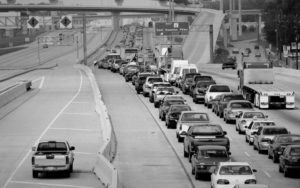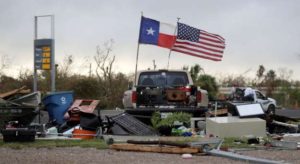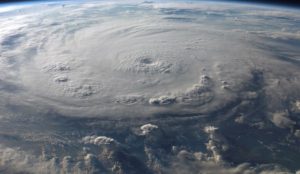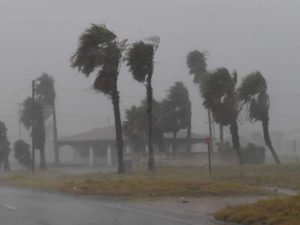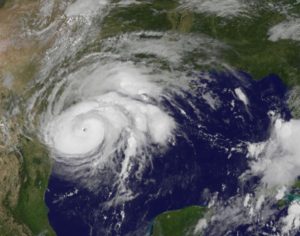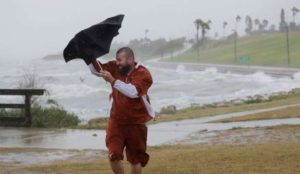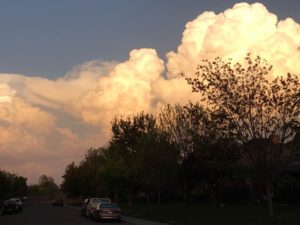Imagine being in Sylvester Turner’s shoes … for just a moment or two.
You are the mayor of Houston, the fourth-largest American city. A killer storm is bearing down on you and your constituents, not to mention millions of other residents living nearby.
Do you order a mass evacuation, remembering what happened the last time a mayor issued such a call in your city? Or do you hope the storm might miss your city and then hope your city’s emergency response teams can react accordingly?
Mayor Turner has been getting a lot of grief of late from those who believe he should have shooed residents out of his city in the path of Hurricane Harvey.
I’m trying to give the mayor the benefit of the doubt.
Houston resident Kam Franklin, writing in Texas Monthly, has explained why she believes the mayor made the right call.
Read her article here.
Franklin recalls heading north on jammed-up freeways in 2005 as Hurricane Rita was drawing a bead on Houston. Rita was the second act in that terrible Gulf Coast twin-bill drama that featured the tragedy and devastation brought by Hurricane Katrina to the greater New Orleans area a month earlier.
The evacuation order didn’t go well as residents sought to flee Rita’s wrath. Franklin tells a story of horrific traffic jams (see the picture attached to this post) that kept people on highways for many more hours than was necessary.
She has no tolerance for those who live far from Houston but who think they know how to respond in the face of pending disaster.
As Franklin declares: “It’s very easy to judge people who are in a situation you’ve never been in. Right now isn’t the time to argue over who said what and when, because we’re still in the middle of this. Unless you’re here trying to help people, I don’t think you should be preaching about it. I’m know I’m going to try to help the best I can.”
